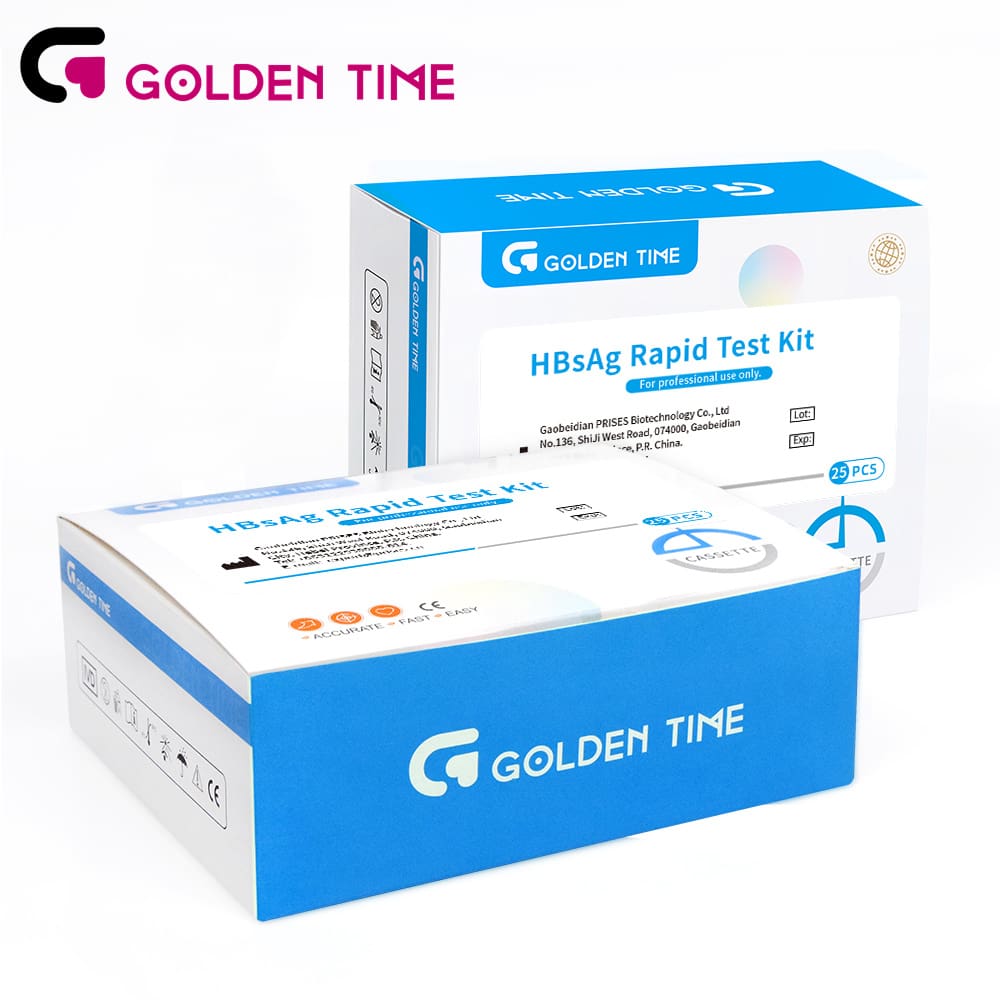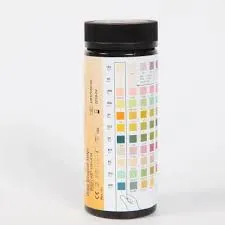Feb . 14, 2025 06:37 Back to list
hcg pregnancy test cassette
The pregnancy test manufacturing industry plays a crucial role in empowering individuals with the knowledge they need to make informed health decisions. Over the years, advancements in technology and science have led to the development of highly accurate and reliable pregnancy tests. As a significant player in the healthcare products market, understanding the intricacies of pregnancy test manufacturing can contribute to more informed choices by consumers and healthcare professionals alike.
Technical advancements have ushered in a new era for pregnancy test manufacturing. Digital tests, capable of providing results in words rather than lines, have gained popularity due to their ease of interpretation. The integration of connected technologies, such as Bluetooth-enabled tests, allows results to be seamlessly shared with healthcare providers via mobile applications, fostering a more interconnected approach to prenatal care. The trustworthiness of a pregnancy test is not only defined by its scientific credentials but also by the transparency and ethics of the manufacturer. Companies dedicated to ethical practices ensure environmentally friendly production processes and source materials responsibly. Providing consumers with comprehensive, clear instructions and customer service options further enhances the perception of trust. The domain of pregnancy test manufacturing is not static; it continuously evolves with scientific discoveries and technological innovations. By investing in research and development, manufacturers aim to introduce tests that can detect pregnancies even earlier, with higher sensitivity and specificity. The quest for innovation extends to exploring the potential of multi-marker tests, which could offer more comprehensive insights into gestational health from a single test. In conclusion, pregnancy test manufacturing combines scientific precision, regulatory compliance, and consumer transparency to produce reliable and user-friendly products. Manufacturers focus on continually improving test accuracy and user experience to remain authoritative figures in the industry. The synergy of cutting-edge research, ethical manufacturing practices, and robust quality controls underpin the industry's progress, assuring consumers of the trustworthiness and expertise behind each test they use.


Technical advancements have ushered in a new era for pregnancy test manufacturing. Digital tests, capable of providing results in words rather than lines, have gained popularity due to their ease of interpretation. The integration of connected technologies, such as Bluetooth-enabled tests, allows results to be seamlessly shared with healthcare providers via mobile applications, fostering a more interconnected approach to prenatal care. The trustworthiness of a pregnancy test is not only defined by its scientific credentials but also by the transparency and ethics of the manufacturer. Companies dedicated to ethical practices ensure environmentally friendly production processes and source materials responsibly. Providing consumers with comprehensive, clear instructions and customer service options further enhances the perception of trust. The domain of pregnancy test manufacturing is not static; it continuously evolves with scientific discoveries and technological innovations. By investing in research and development, manufacturers aim to introduce tests that can detect pregnancies even earlier, with higher sensitivity and specificity. The quest for innovation extends to exploring the potential of multi-marker tests, which could offer more comprehensive insights into gestational health from a single test. In conclusion, pregnancy test manufacturing combines scientific precision, regulatory compliance, and consumer transparency to produce reliable and user-friendly products. Manufacturers focus on continually improving test accuracy and user experience to remain authoritative figures in the industry. The synergy of cutting-edge research, ethical manufacturing practices, and robust quality controls underpin the industry's progress, assuring consumers of the trustworthiness and expertise behind each test they use.
Next:
Latest news
-
Rapid BZO Test Kit - Fast & Accurate Benzodiazepines Detection
NewsAug.04,2025
-
China Nylon Flocking Swabs - AI Enhanced Quality Collectors
NewsAug.03,2025
-
Highly Accurate hCG Pregnancy Test Strips - 5 Min Results
NewsAug.02,2025
-
Premium Empty ABS Plastic Cassettes: Durable & Lightweight Storage
NewsAug.01,2025
-
Accurate Cocaine (Coc) Rapid Test Kit | Fast & Reliable Detection
NewsJul.31,2025
-
Accurate HCG Pregnancy Test Strips | Fast Home Use Kit
NewsJul.31,2025

